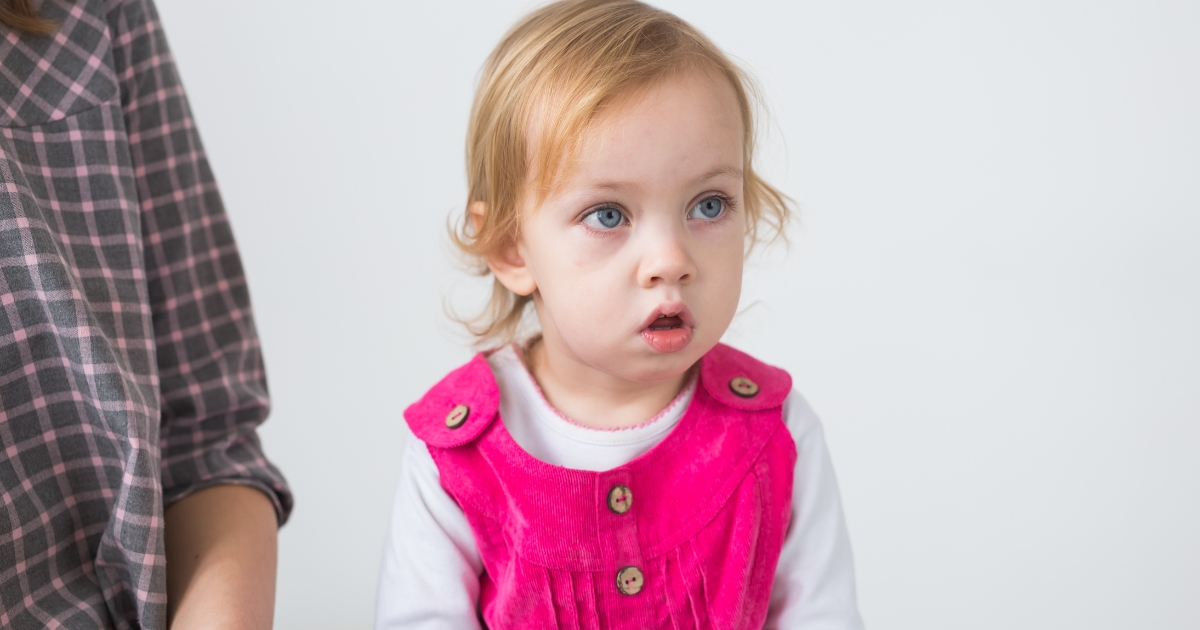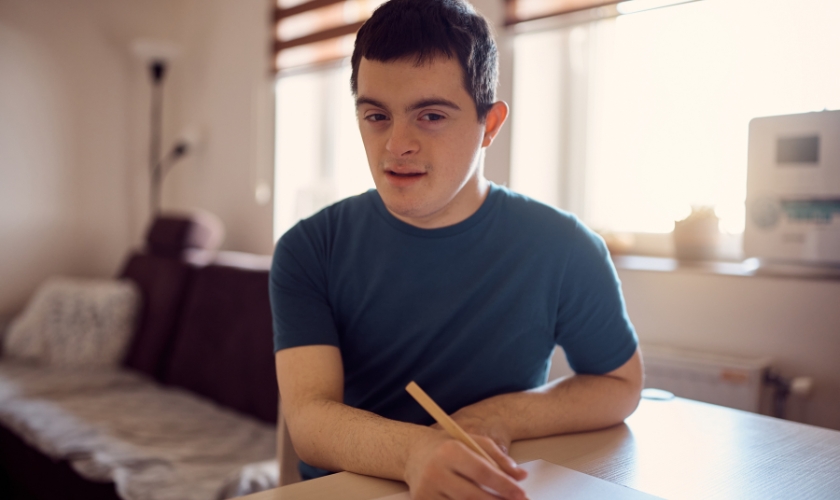10242 Greenhouse Rd #1002 Cypress, TX 77433
Early Signs of Autism: What Cypress Parents Should Watch For

As parents, noticing your child’s development early on can help identify any potential concerns. One of the most important things you can do is be aware of the early signs of autism. Identifying these signs as soon as possible can help ensure your child gets the support they need. The earlier children are diagnosed, the better the outcomes can be. This blog will highlight some of the early indicators to watch for in your little one’s development.
Understanding the early signs of autism can give you peace of mind and help you prepare for any next steps, whether that involves getting professional support or simply gaining a better understanding of your child’s behavior. If you suspect your child might be showing early signs of autism, it’s important to seek advice from a healthcare professional.
Communication Challenges
One of the most noticeable early signs of autism is difficulty with communication. This might show in different ways, depending on your child’s age and stage of development. Keep an eye on these signs:
- Delayed Speech: Your child might not be speaking as much or as clearly as other kids their age. They may struggle with forming sentences or understanding simple commands.
- Limited Gestures: While most children use gestures like waving or pointing by the age of one, kids with autism might not use them as often, if at all.
- Limited Eye Contact: You may notice that your child avoids making eye contact. They may not look at you when you’re talking or avoid looking at people in general.
These signs may indicate difficulty in developing language and social skills, which are often observed in the early signs of autism in Cypress.
Social Interaction Differences
Social interactions are an area where children with autism may show noticeable differences. These differences can be subtle but still important. Some of the behaviors to look for include:
- Lack of Interest in Playmates: Children typically enjoy playing with others by age three. If your child seems uninterested in playing with other children or prefers solitary play, it could be a red flag.
- Difficulty with Empathy: Your child might have trouble understanding how others feel. They may not respond to someone else crying or may not seem to show care when others are upset.
- Unusual Responses to Social Cues: For example, your child might not smile when someone smiles at them or could miss social cues like waving hello or goodbye.
These are all possible early signs of autism that suggest your child may need extra help in developing social skills.
Repetitive Behaviors
Repetitive actions or behaviors are another key indicator of autism. These can take various forms and may be difficult for parents to identify at first. Look for the following patterns:
- Repeating Actions: Your child may engage in the same behavior over and over again, like flapping their hands, spinning in circles, or lining up toys repeatedly.
- Strict Routines: Many children with autism find comfort in routines and might become distressed when these routines are disrupted. If your child becomes overly upset when things don’t go as planned, this might be something to watch for.
- Fascination with Certain Objects: Some children with autism show an intense interest in specific objects, such as a toy car or a specific item, and might focus on it for extended periods.
If you notice that your child is repeatedly engaging in behaviors or routines that seem unusual, it’s a good idea to discuss this with a pediatrician.
Sensory Sensitivities
Another sign to be aware of is heightened sensitivity to sensory input. Children with autism can be more sensitive to certain sounds, textures, or lights than other kids. Pay attention to signs such as:
- Overreacting to Sensory Stimuli: Your child may react strongly to bright lights, loud noises, or certain textures of clothing or food.
- Underreacting to Pain or Temperature: On the other hand, some children with autism may not notice pain or temperature changes in the way other children do. For example, they might not cry when hurt or not react to a change in weather.
Sensory sensitivities are a common trait for children with autism, and they can vary greatly from one child to another.
Difficulty in Adapting to Change
Children with autism may have difficulty adjusting to changes in their environment or routine. This can be shown in several ways:
- Struggling with New Experiences: If your child reacts strongly to new places, new people, or changes in their daily routine, it could be a sign of autism.
- Limited Flexibility: Your child may insist on doing things the same way every time, like eating the same meal or playing with the same toy in a certain order.
These behaviors can be frustrating for parents but understanding them can help in managing situations more effectively.
When to Seek Help?
If you notice a few or several of these signs in your child, it’s important to seek help from a professional who specializes in child development. While every child develops at their own pace, early intervention is key for addressing potential challenges related to the early signs of autism. A pediatrician or developmental specialist can evaluate your child and guide you on the next steps.
The early signs of autism can vary widely, but being aware of these indicators can help Cypress parents take action early. Early intervention can make a big difference in your child’s development, so don’t hesitate to reach out for support. If you’re unsure whether your child is showing signs of autism, it’s always best to consult with a healthcare professional for guidance. The earlier you seek advice, the better prepared you’ll be to support your child’s needs.




